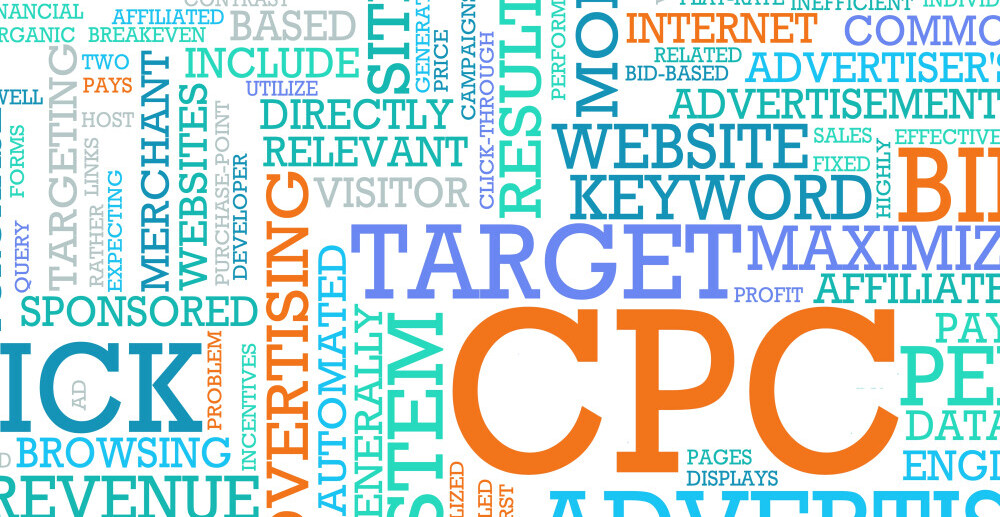
Affiliate marketing might seem like a world of its own, filled with jargon and lots of players. But at its core, it’s all about driving sales through partnerships. Affiliates promote products or services, and when they help generate a sale, they get a cut of the earnings. Straightforward enough, right? Yet, it’s a system built on several key components, each playing a crucial role in the marketing chain.
In the affiliate marketing universe, three main players dominate: the merchants, the affiliates, and the networks. Merchants are those offering the product or service, often referred to as advertisers or brands. Affiliates, on the other hand, are the marketers, bloggers, or influencers driving traffic to the merchants. And the networks? Well, they’re the intermediaries, ensuring everyone gets paid, keeping track of sales, and smoothing out any bumps along the way.
Looking back, affiliate marketing has evolved hugely from its humble beginnings in the mid-’90s. What started with simple banner ads has become a sophisticated industry utilizing data analytics, mobile platforms, and sophisticated marketing techniques. Today, it’s a thriving ecosystem where precision and strategy rule, offering a goldmine of opportunities for those willing to learn the ropes.
Participating in affiliate marketing brings benefits like minimal risk and a chance to earn passive income. However, it also poses challenges like competitive markets and ever-changing industry standards. There’s a learning curve, but with persistence, success is absolutely within reach. Think of it as planting seeds for future growth, where learning and adaptation are key.
Essential Affiliate Marketing Terms

Affiliate marketing can seem like it’s speaking an entirely different language. Getting a handle on the lingo is crucial for anyone looking to carve out a niche in this field. Let’s start with commission structures, the backbone of how affiliates get paid. Common terms you’ll encounter are CPA (Cost Per Action), CPC (Cost Per Click), and CPL (Cost Per Lead). CPA deals with the actions like sales or registrations an affiliate generates, while CPC and CPL involve clicks or leads without immediate purchase obligations.
Tracking might sound like a complex tech task, but it boils down to understanding how affiliate efforts are monitored. Cookies, pixels, and post backs are all about following the trail from a customer clicking a link to completing a transaction. Cookies store data to help track and credit sales to the right affiliate. Pixels are snippets of code on a website that help track user behavior, while post backs help notify networks of conversions.
Another critical concept is attribution models, which determine which touch point gets the credit for a sale. The first click model gives credit to the initial point of contact, whereas the last click model rewards the moment just before conversion. Knowing how these models work helps you understand where to focus your optimization efforts.
Finally, the world of payments is all about which action gets rewarded. Pay-per-sale models reward actual sales and require someone to buy before you earn a commission, while pay-per-lead models pay for acquired leads, like sign-ups or consultations, even if they don’t convert into sales. Understanding these distinctions can help you choose which model aligns best with your goals and audience.
Ready to Move Beyond Terminology to Real Implementation?
Understanding the language of affiliate marketing is just the beginning. Discover a platform that takes you from terminology to practical application with step-by-step training.
Apply These Terms In Practice →Continue reading to learn more essential terminology…
Strategic Mastery: Leveraging Tools and Resources

Navigating the terrain of affiliate marketing requires the right blend of tools and strategy. Affiliate dashboards and management solutions form the backbone of tracking and optimizing performance. These platforms help keep tabs on campaigns, report earnings, and monitor various essential metrics. Think of them as your mission control, providing oversight and insights that drive decision-making.
Performance analytics are crucial for truly understanding your audience’s behavior and tweaking your strategies accordingly. Tools that analyze conversion rates, click-through rates, and user demographics can offer a wealth of information. Using this data effectively guides your optimization efforts, helping you focus resources where they matter most.
Crafting content that doesn’t just attract clicks but converts them is a skill well worth cultivating. Tips and strategies for creating engaging, persuasive copy or eye-catching visuals can significantly boost conversion rates. Tailoring your content to fit your audience’s preferences and needs creates a more personal connection, often translating into higher engagement and conversions.
Sticking to compliance and ethics in affiliate marketing isn’t just about following rules; it builds trust with your audience and partners. Understanding the legal landscape, including disclosure requirements and data protection laws, is non-negotiable. Being transparent and fair in your marketing practices not only safeguards your work but also strengthens the relationships you build in the affiliate space.
Future of Affiliate Marketing: Trends and Innovations

Affiliate marketing is not just riding the waves of the digital economy. It’s also shaping them with rapid changes in technology and shifting consumer behaviors. AI and machine learning, for example, are becoming invaluable tools for marketers, enabling more precise predictive analytics. These technologies help in forecasting trends, understanding customer preferences, and even automating various marketing processes.
Another fascinating development is the intersection of affiliate marketing with influencer marketing. Influencers, with their ability to sway massive audiences, are reshaping affiliate strategies. They’re not just promoting products; they’re forming authentic connections that could redefine traditional affiliate models.
Strategic partnerships and collaborations are stretching beyond conventional boundaries. Brands are working more closely with affiliates to create mutually beneficial relationships, exploring new marketing grounds and reaching broader audiences. Such partnerships are about leveraging each other’s strengths to venture into innovative marketing avenues.
There’s also a significant push towards ethical and sustainable affiliate marketing practices. Consumers are becoming more conscientious, seeking brands and marketers who align with their values. Implementing sustainability-focused strategies can differentiate affiliates in a crowded market, creating trust and long-term engagement.
Turn Affiliate Marketing Knowledge Into Action
Now that you understand the terminology, it’s time to put that knowledge to work. Join thousands who’ve gone from learning concepts to building successful affiliate businesses with proper guidance.
Knowledge is powerful, but only when you know how to apply it!
Start Implementing What You’ve Learned →Begin with a free account and see these terms in action!
